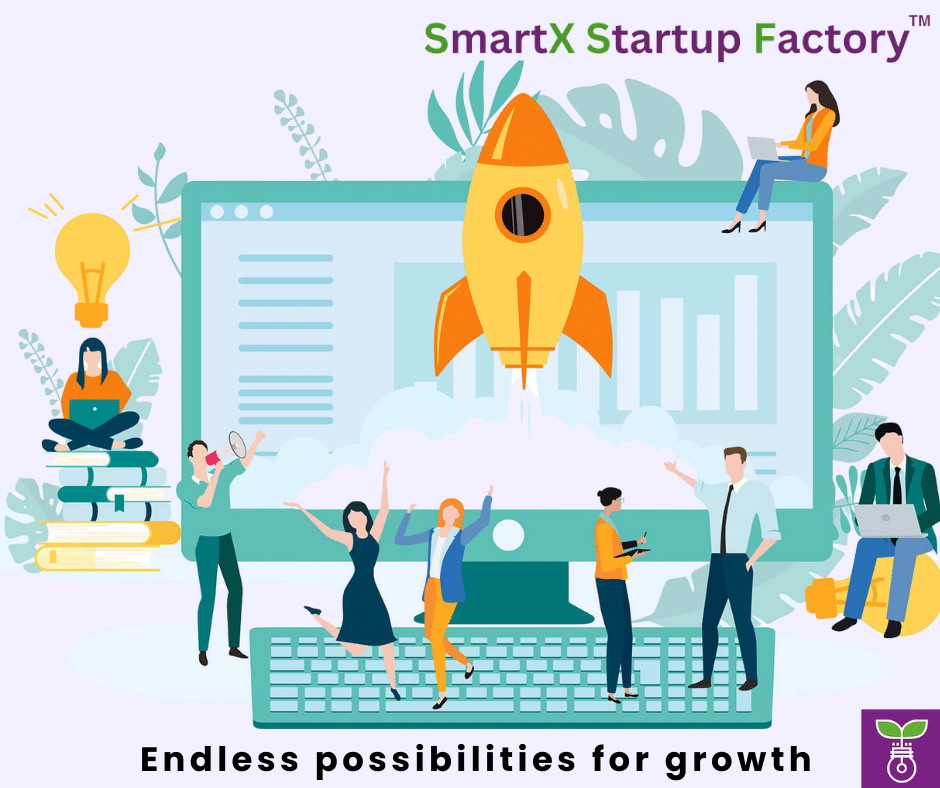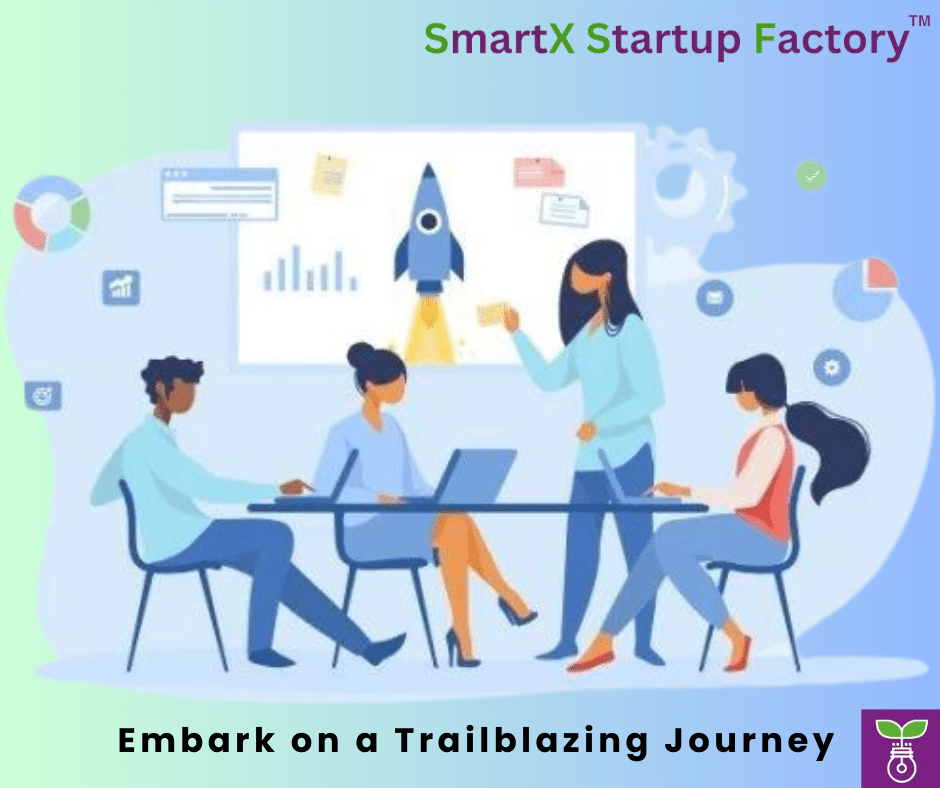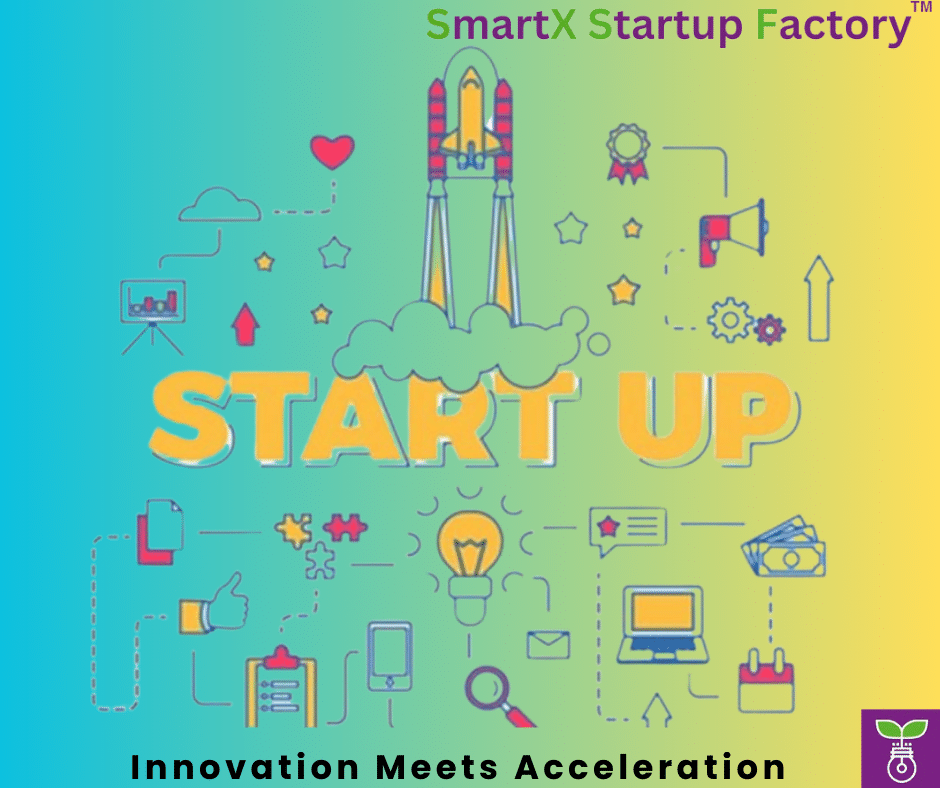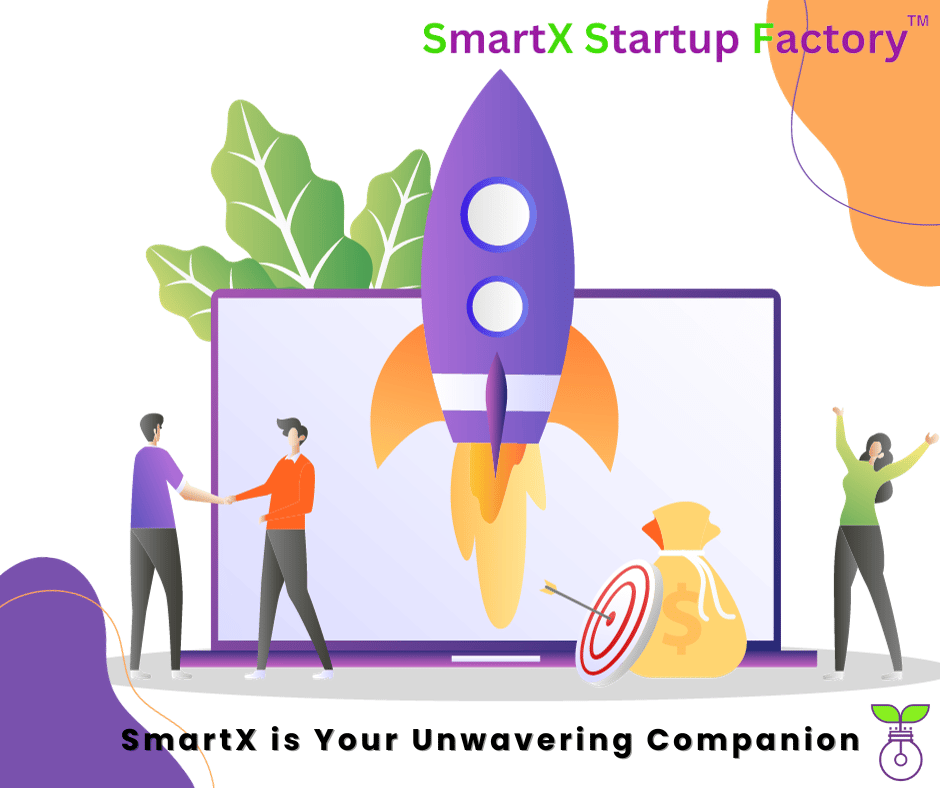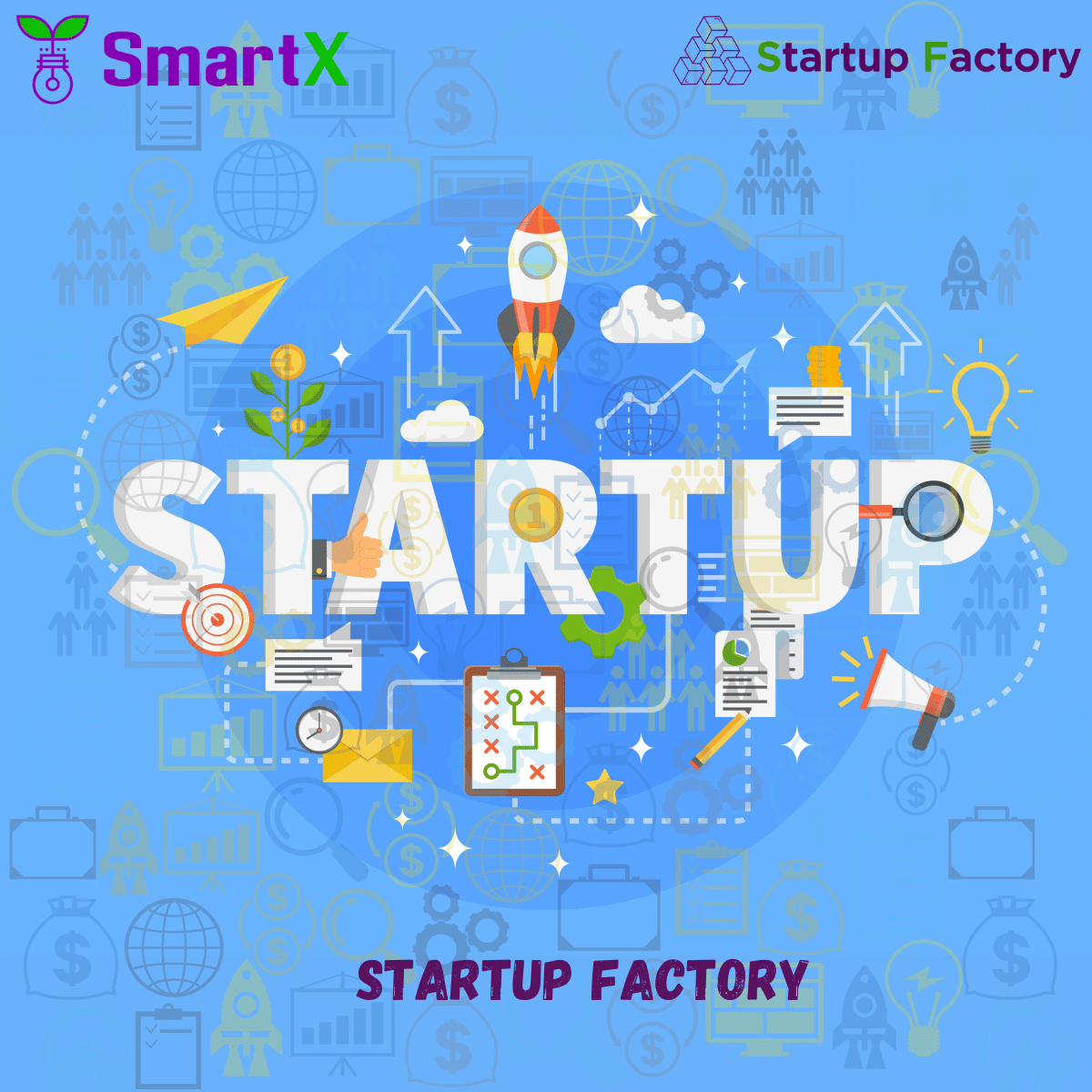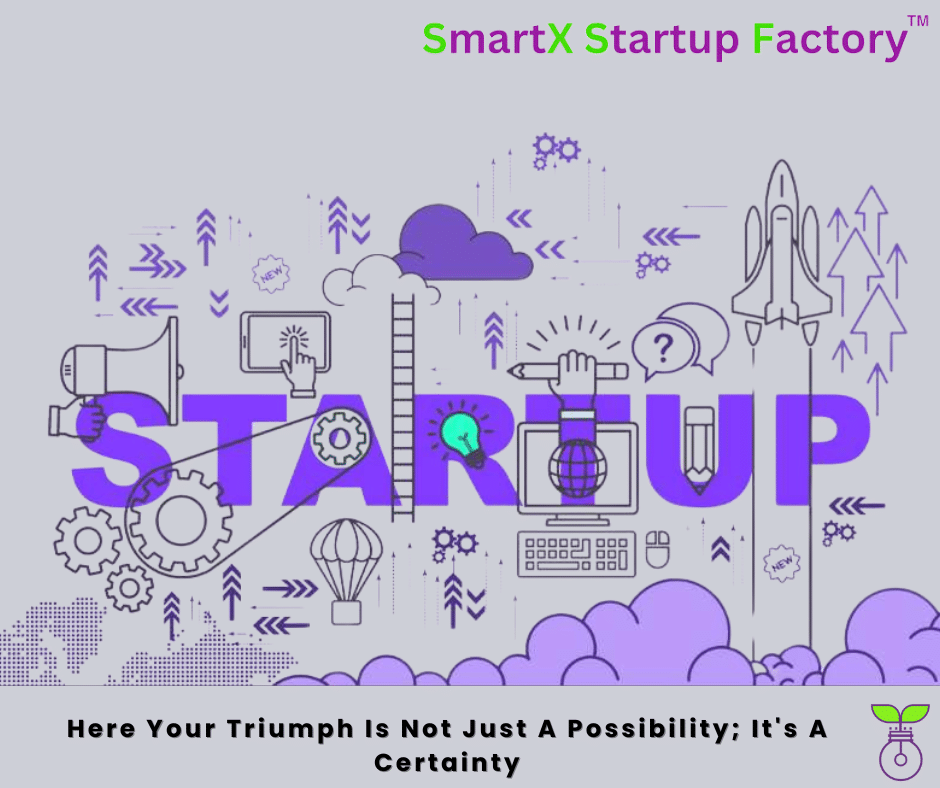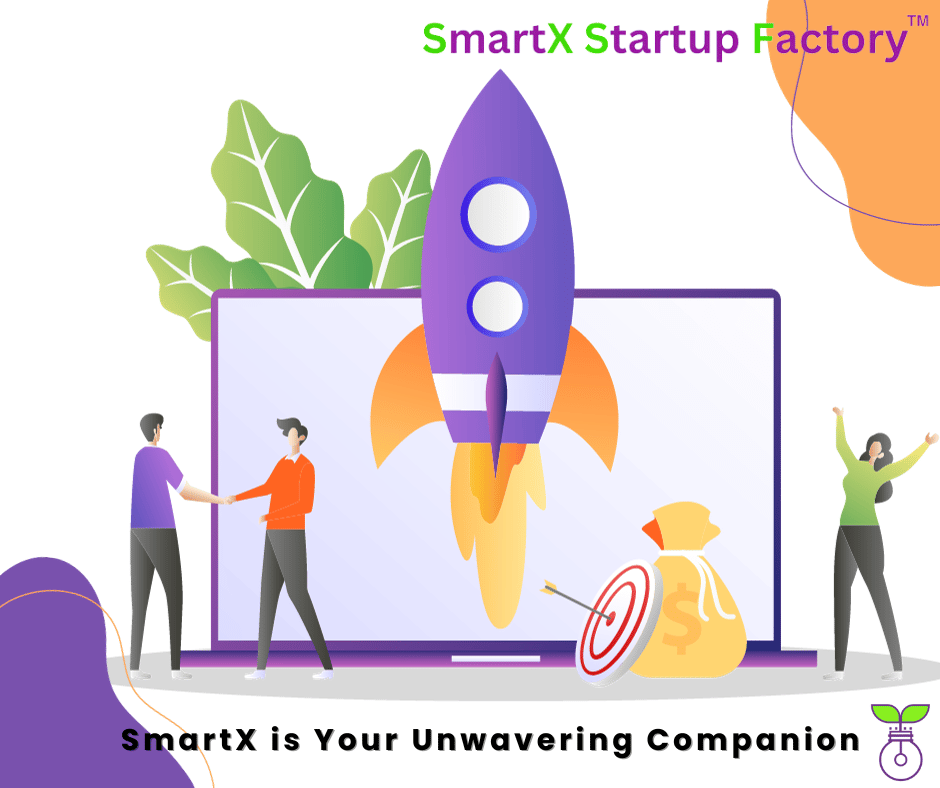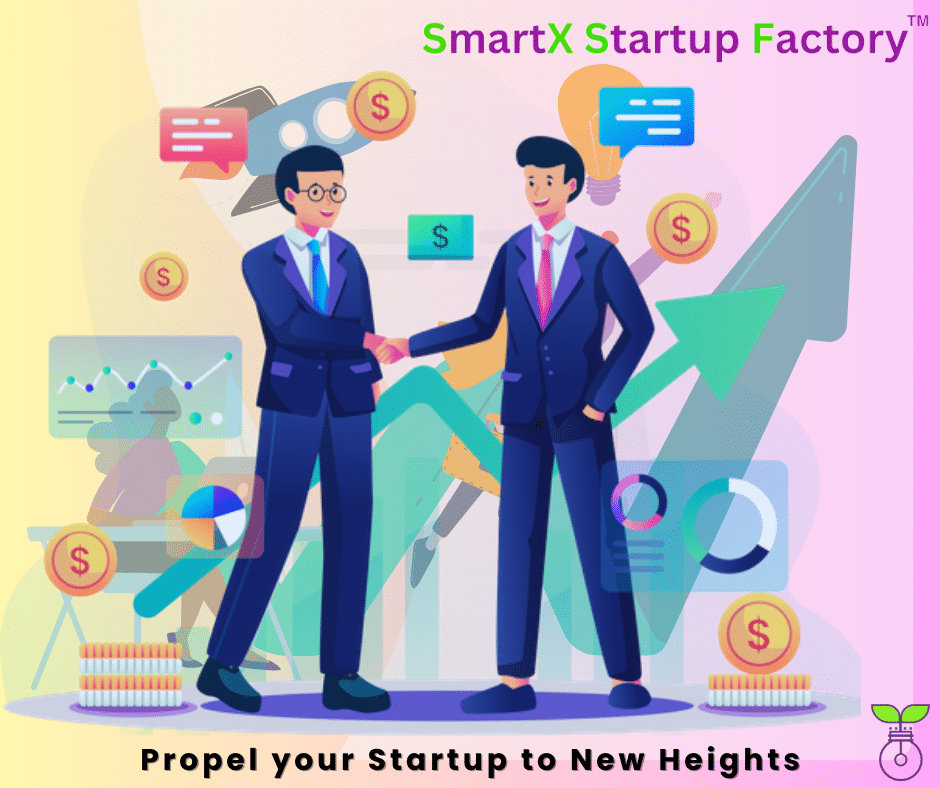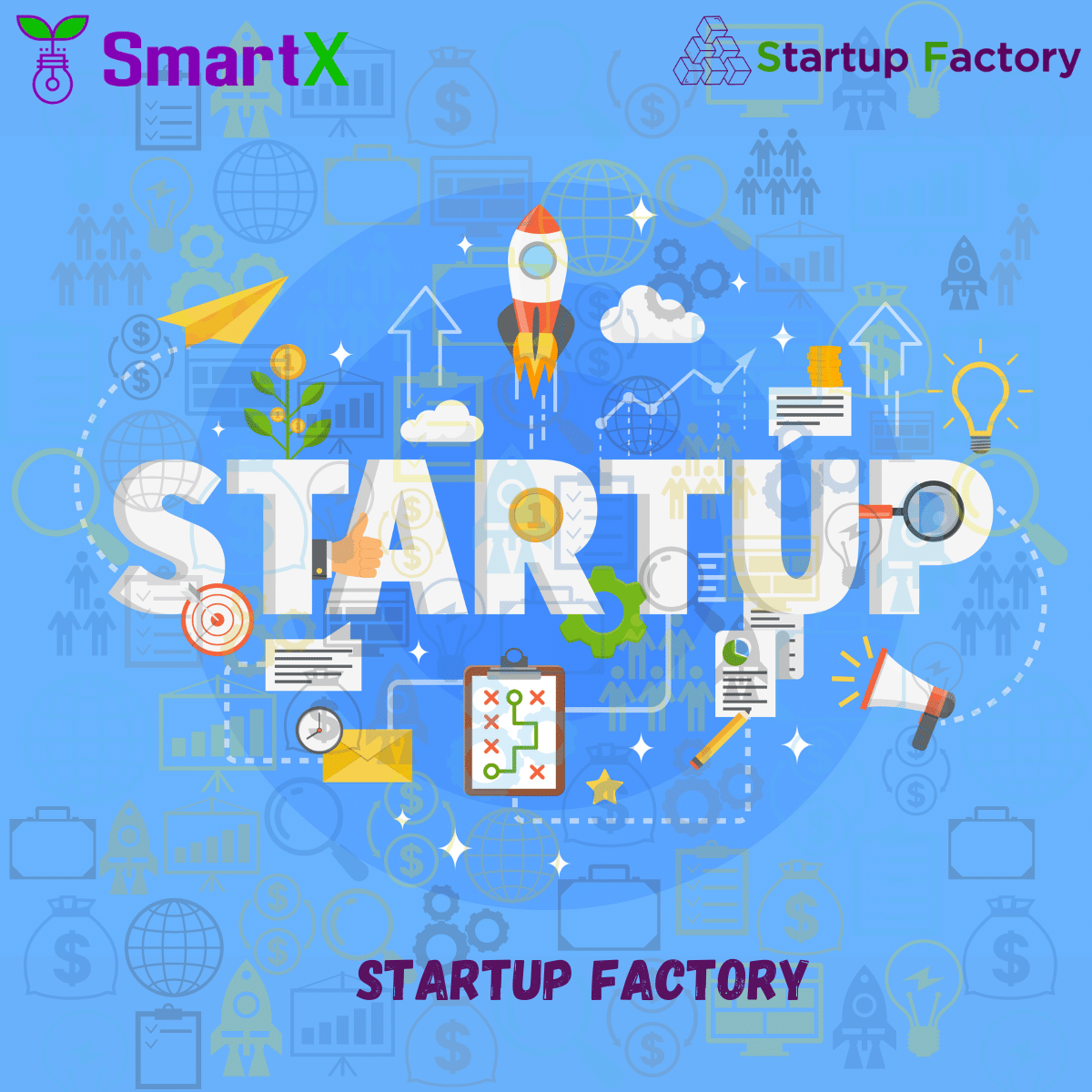Case Studies: How Businesses Are Leveraging Generative AI for Competitive Advantage
Case studies have shown that businesses are increasingly turning to generative AI as a means of gaining a competitive advantage. This technology, which uses machine learning algorithms to create new content, products, or solutions, has been proven to significantly impact a company’s bottom line. For example, in the retail industry, generative AI has been utilized to create personalized product recommendations for customers, resulting in increased sales and customer satisfaction. Additionally, in the healthcare sector, generative AI has been utilized to analyze vast amounts of data and generate insights for more accurate diagnoses and treatment plans. These success stories highlight the potential for businesses to leverage generative AI for a variety of purposes and gain a significant edge over their competitors. With further advancements and applications of this technology, it is clear that generative AI will continue to play a crucial role in shaping the future of businesses.
In the preceding blog entry, we read A Practical Guide on How to Determine if Generative AI is Right for Your Project. Presently, in this subsequent blog, we shall embark upon the exploration of Case Studies on how businesses are leveraging Generative AI for competitive advantage. Should you have not perused our antecedent blog, kindly access it by clicking here.
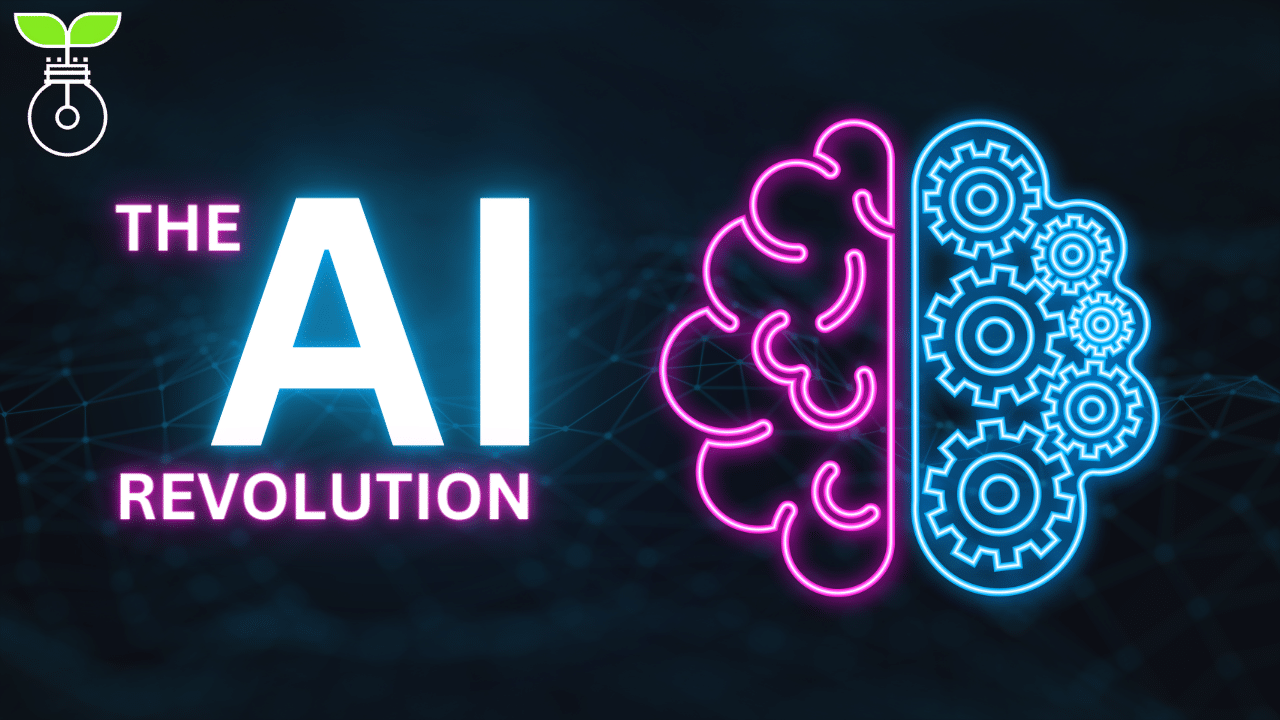
Introduction
In today’s fast-paced business world, companies are constantly seeking ways to gain a competitive edge. With the rapid advancement of technology, one tool that has gained significant attention is generative artificial intelligence (AI). This cutting-edge technology offers businesses the ability to automate and optimize tasks, processes, and decisions, leading to improved productivity, efficiency, and cost savings. But what exactly is generative AI, and how are businesses leveraging it for competitive advantage? In this article, we will explore the concept of generative AI and delve into real-life case studies of companies that are successfully utilizing this technology to gain a competitive edge in their respective industries.
From customer service and marketing to product design and supply chain management, generative AI is being applied in various business functions to drive innovation and achieve strategic goals. We will analyze the challenges, benefits, and outcomes of these case studies to understand how generative AI is transforming the way businesses operate and thrive in today’s highly competitive market.
Enhanced decision-making: Leveraging generative AI
Generative AI is revolutionizing decision-making processes for businesses across industries. By utilizing machine learning algorithms, this technology can generate multiple potential solutions to complex problems, providing decision-makers with a range of options to choose from. This not only saves time and resources but also improves the quality of decisions made. By leveraging generative AI, businesses can quickly analyze vast amounts of data and make informed decisions based on accurate insights.
One example of a company successfully leveraging generative AI for decision-making is Netflix. The streaming giant uses this technology to analyze user data and preferences, allowing them to personalize content recommendations for each user. This has not only improved user experience but has also given Netflix a competitive advantage in the highly competitive streaming market. Another case study is that of Walmart, which uses generative AI to optimize inventory management and pricing strategies. By analyzing data from various sources, the company can make data-driven decisions that have resulted in significant cost savings and increased efficiency. These examples demonstrate the power of generative AI in enhancing decision-making and driving business success.
Streamlined operations: Optimizing workflows with generative AI
One of the key benefits of generative AI is its ability to streamline operations and optimize workflows. By using machine learning algorithms to generate multiple solutions for complex problems, businesses can identify the most efficient and effective processes to achieve their goals. This not only saves time and resources but also allows for a more data-driven approach to decision-making.
Through generative AI, companies can also identify and eliminate bottlenecks in their operations, leading to smoother workflows and improved productivity. For example, Walmart has used generative AI to optimize their inventory management, resulting in reduced stockouts and overstocking, and ultimately improving their bottom line. By continuously analyzing data and generating insights, generative AI enables businesses to make data-informed decisions and streamline their operations for maximum efficiency. This gives them a competitive advantage in the market by improving overall performance and customer satisfaction.
Personalized customer experiences: Tailoring interactions using generative AI
One of the most exciting applications of generative AI is in personalized customer experiences. By leveraging machine learning algorithms, businesses can now tailor interactions and communications with individual customers based on their unique preferences, behaviors, and needs. This not only enhances the customer’s overall experience but also increases the likelihood of customer loyalty and retention.
Through the use of generative AI, businesses can collect and analyze vast amounts of customer data in real time to understand their preferences and behaviors. This allows companies to deliver highly targeted and relevant interactions, such as personalized recommendations and offers, to each customer. As a result, customers feel valued and understood, leading to increased satisfaction and engagement with the brand. This level of personalization gives businesses a competitive advantage and has been shown to result in higher customer lifetime value and revenue.
Uncovering new market opportunities: Exploring untapped potential with generative AI
As technology continues to advance at a rapid pace, businesses are constantly searching for ways to stay ahead of the competition and tap into new markets. One promising solution that has emerged is the use of generative AI. By harnessing the power of artificial intelligence, businesses are now able to uncover new market opportunities and explore untapped potential like never before. This cutting-edge technology allows companies to gain a deep understanding of individual customer preferences and behaviors, providing them with the insights needed to deliver personalized experiences that drive customer satisfaction, engagement, and loyalty.
Through the use of generative AI, businesses have been able to gain a competitive advantage by staying ahead of emerging trends and consumer demands. This has resulted in increased revenue and customer lifetime value, as companies can better cater to the unique needs and desires of their target audience. By leveraging generative AI, businesses are not only able to uncover new market opportunities, but they are also able to stay relevant and adapt to the ever-changing landscape of the market. The potential for growth and success is endless with the use of generative AI, and businesses that embrace this technology are sure to see a significant impact on their bottom line.
Accelerated innovation: Harnessing generative AI for revolutionary product development
Generative AI has the potential to revolutionize product development by accelerating innovation and driving competitive advantage for businesses. This cutting-edge technology allows companies to tap into the power of machine learning and artificial intelligence to generate new and innovative ideas for their products. By harnessing generative AI, businesses can streamline their product development process, reduce costs, and ultimately deliver more innovative and personalized products to their customers.
One of the key advantages of generative AI is its ability to analyze vast amounts of data and identify patterns and trends that humans may not be able to detect. This enables companies to gain valuable insights into their target audience’s preferences and behaviors, leading to the creation of highly personalized products that cater to their customer’s unique needs and desires. As a result, businesses can drive customer satisfaction, engagement, and loyalty, leading to increased revenue and customer lifetime value. By leveraging generative AI, companies can stay ahead of the competition and explore new markets, giving them a competitive advantage in today’s fast-paced business landscape.
Conclusion
In conclusion, it is clear that generative AI is becoming an increasingly important tool for businesses looking to gain a competitive advantage. Through the use of advanced algorithms and data analysis, companies are able to generate valuable insights and solutions that can drive growth and success. As seen in these case studies, businesses across various industries are leveraging generative AI to improve their processes, products, and overall operations. It is a powerful tool that should not be overlooked by any organization looking to stay ahead in today’s rapidly evolving business landscape.
Explore our case studies to witness how our innovative solutions have delivered measurable results and unlocked new opportunities for businesses of all sizes. Click here to know more.



